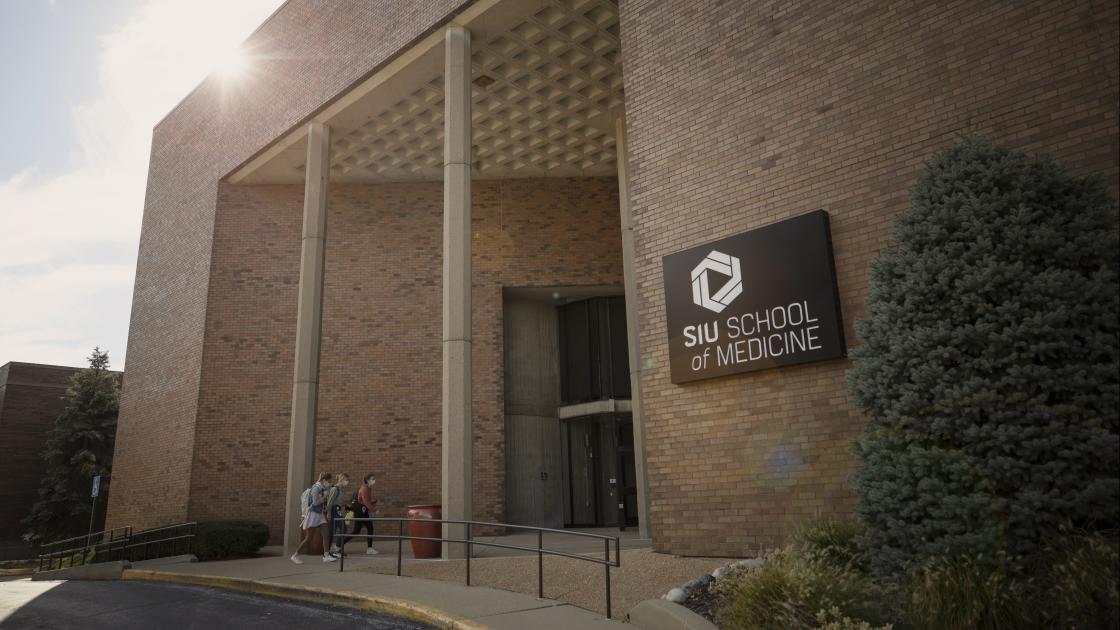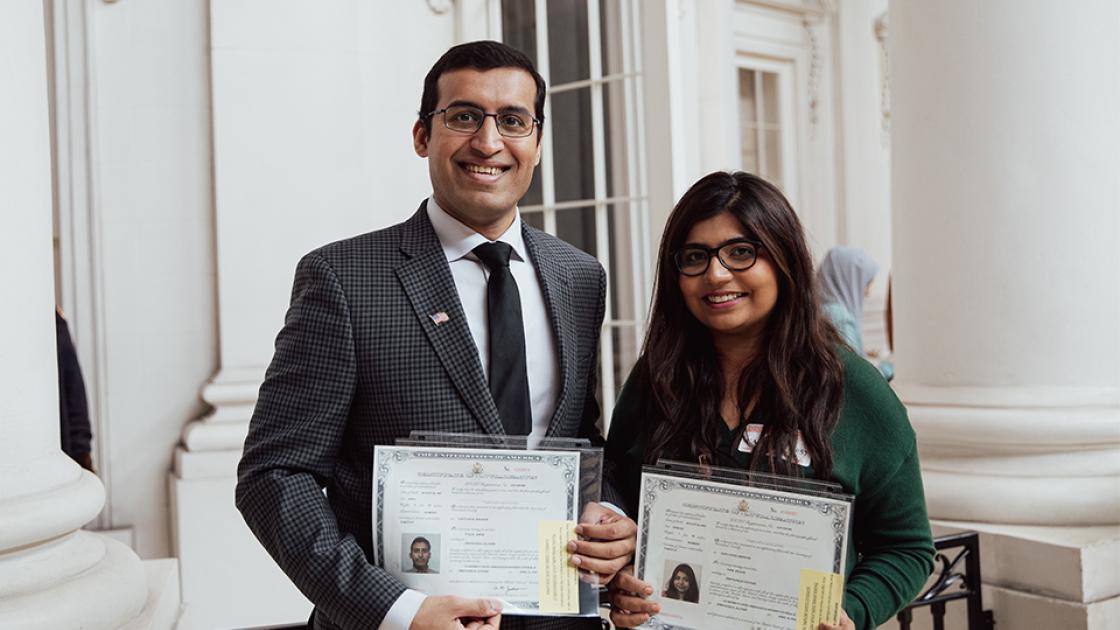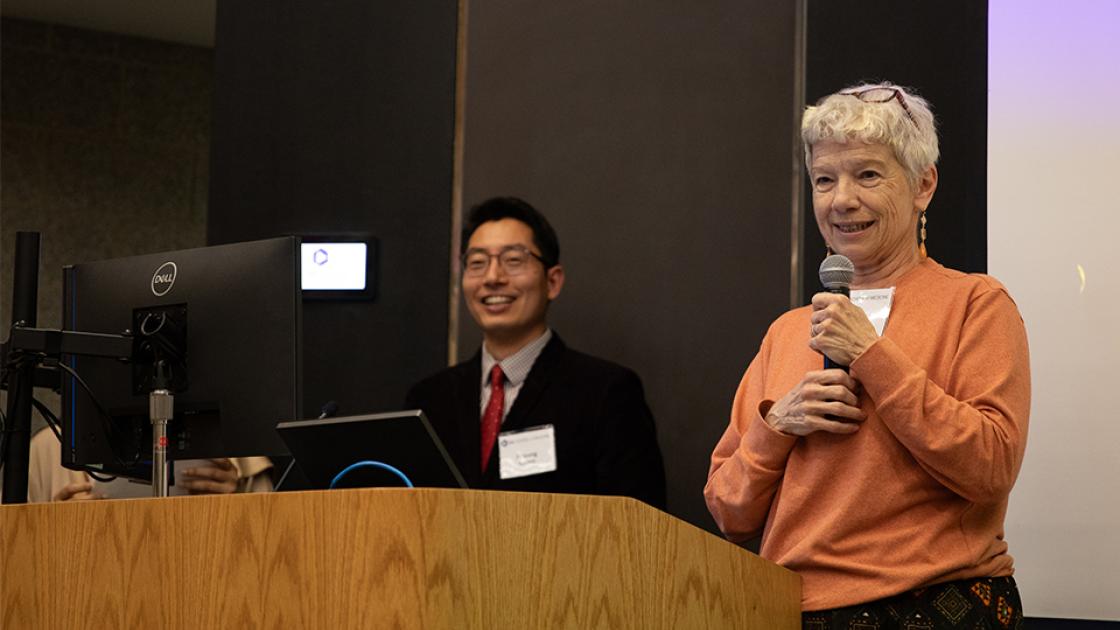
SIU Medicine's statement on Supreme Court Affirmative Action ruling
The U.S. Supreme Court issued a ruling Thursday that struck down college affirmative action programs. The Court issued rulings in Students for Fair Admissions v. Harvard and Students for Fair Admissions v. University of North Carolina, twin cases that sought the prohibition of limited consideration of an applicant’s race or ethnic background in the higher education admissions process. In the decision, the court ruled that both programs violate the Equal Protection Clause of the 14th Amendment of the Constitution. The Court effectively overturned previous rulings in 1978 and 2003 that upheld a limited consideration of race in college admissions to combat historic discrimination against Black people and other minoritized groups.
The Southern Illinois University School of Medicine released the following statement about this issue:
“We join our colleagues in academic medicine across the country in stating that today’s court ruling has the potential to decrease diversity in the health professions and is contrary to efforts to provide better health for all. The SIU School of Medicine remains committed to strengthening the diversity of the medical student body and will work within all legal limits to ensure racial and ethnic diversity in the health professions.
Our holistic admission review takes into account the many ways that each individual student’s story, regardless of race, contributes to the diversity of the class of medical students. This holistic review and AEDI programs (Anti-racism, Equity, Diversity and Inclusion) are particularly important for medical schools that seek to increase diversity in the healthcare workforce, foster inclusion and advance health equity.
While there has been some progress in the diversity of medical school classes, there is still much work to do. African American or Black (“Black”) students make up a smaller percentage of matriculants to medical schools (11%) than the percentage of Black people in the general population (16%). While there has been an increase in the percentage of Black women in medical school, Black men have not fared so well. In 1979, 3.1% of U.S. medical students were Black men; forty years later in 2019, Black men made up only 2.9% of medical students. In 2019, only 4% of faculty members of medical schools were black. Similar statistical trends hold true for Latino and Native American populations.
AEDI work is not only important in medical school classrooms, but the work also must include intentional review of all factors related to the organizational culture of health professions educational institutions. Rules, regulations, procedures, curricula and other institutional policies are fraught with language and inherent intent that hinders inclusion and propagates overt and implicit bias. Intentional efforts to address these biases and create inclusive educational and clinical environments must also be protected and promoted.
Health professions institutions, like the SIU School of Medicine, provide direct care to patient populations. Across the nation, inequities in health care access and inequities in the delivery of care lead to wide disparities in health outcomes. Health professions institutions should be leaders in reducing these inequities and disparities in access and outcomes. This starts with ensuring that trainees understand the importance of race and ethnicity and develop cultural competence for the care they deliver to patients.
AEDI programs are essential to improve opportunities for under-represented groups in medicine, to promote a more inclusive culture, to improve the sensitivity of all to the insidious effects of institutional bias, to foster fair and just policies, to train health leaders who will work to eliminate inequities in health care, and to promote better health for all. The SIU School of Medicine stands with the SIU System office and all SIU campuses in a unified commitment to promote diversity, equity and inclusion in all that we do.”



